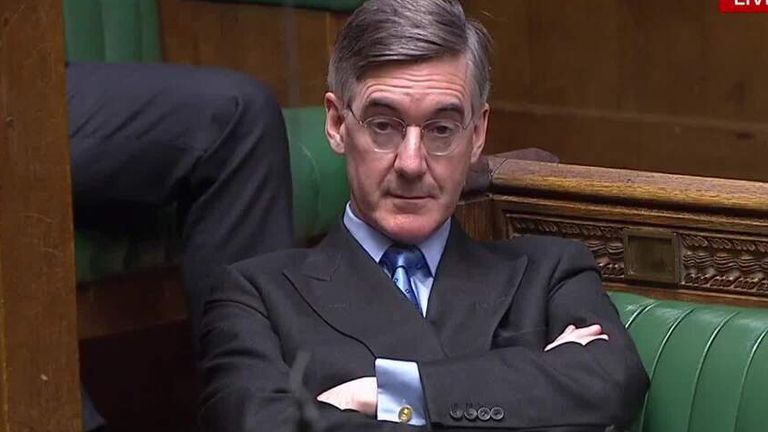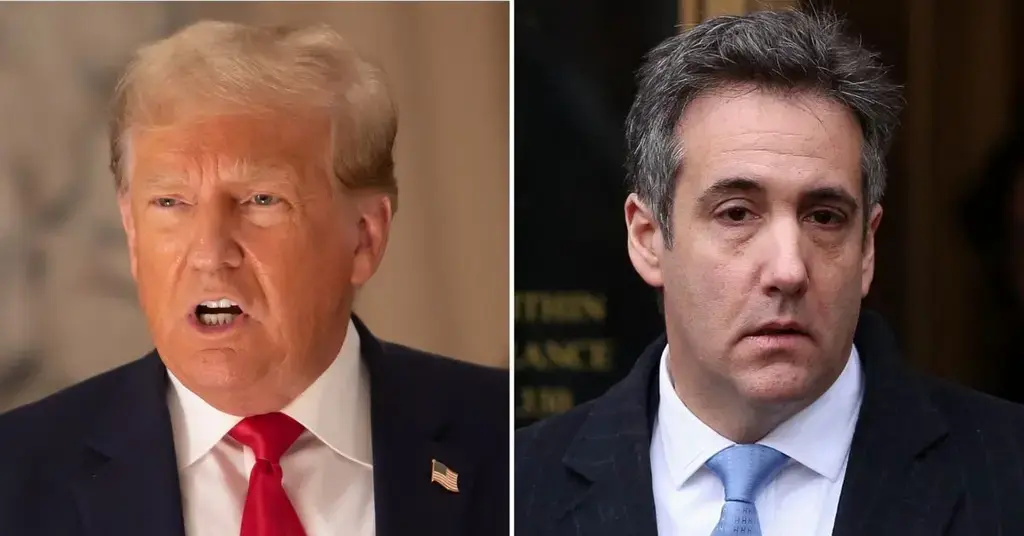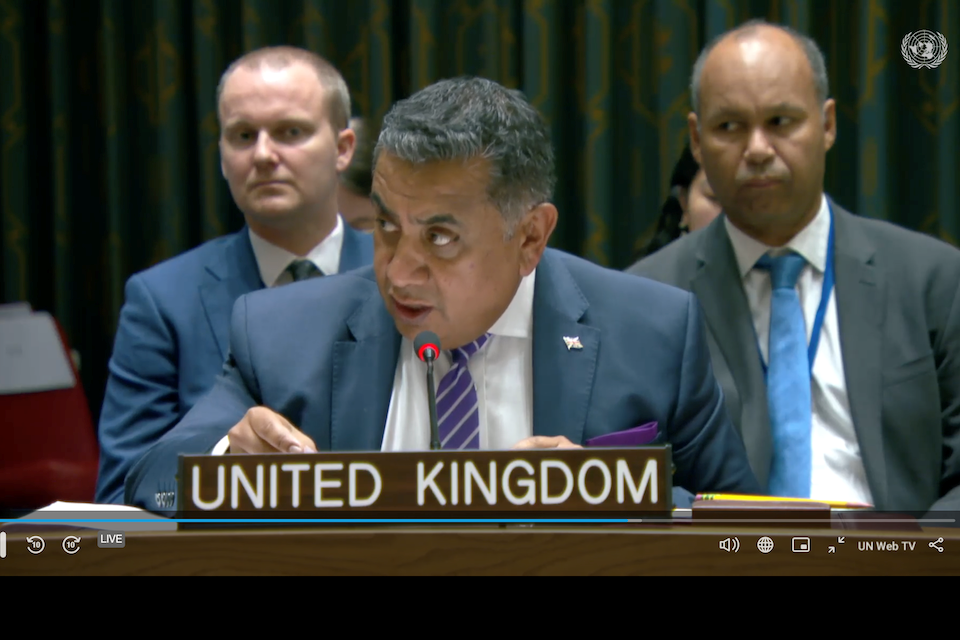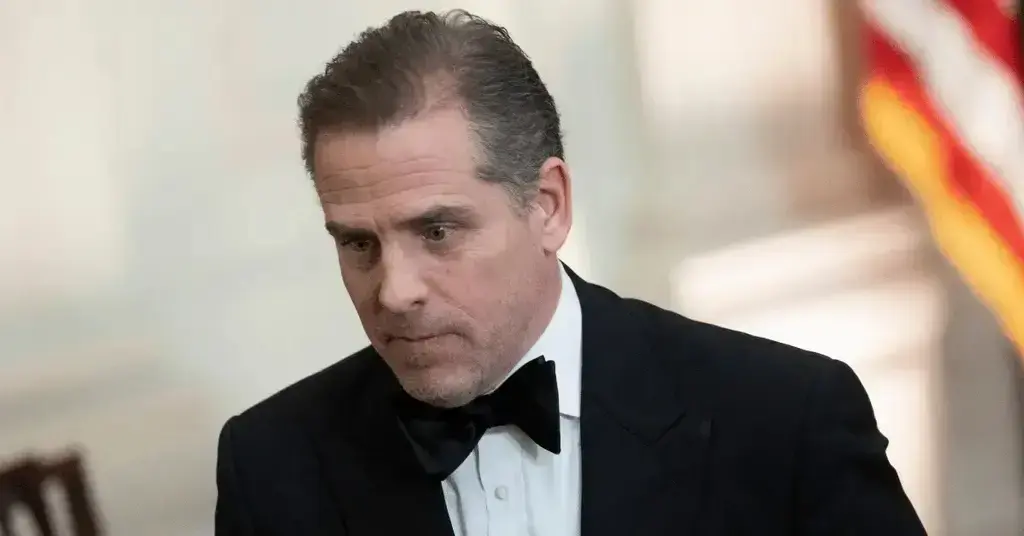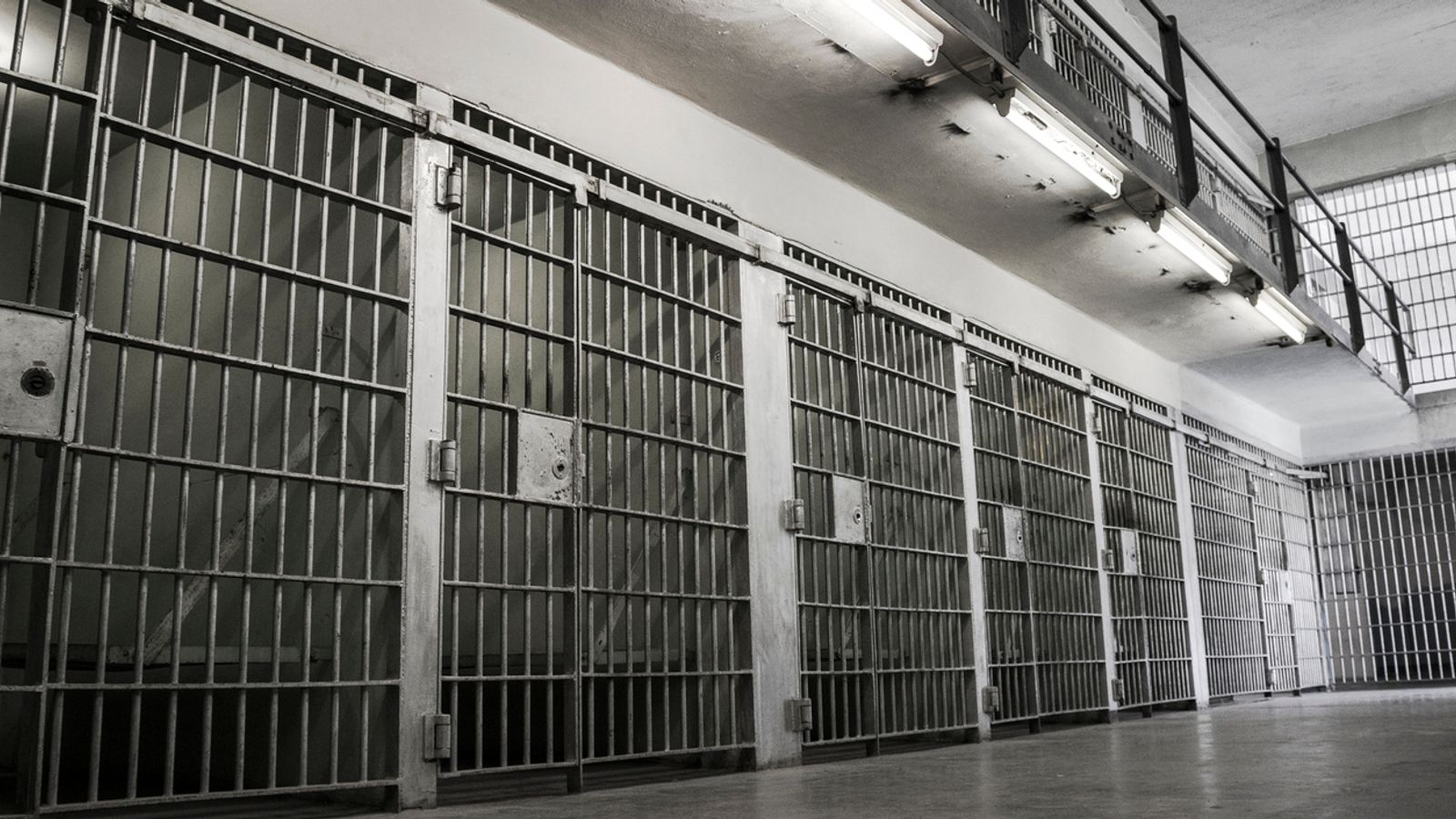MPs approve privileges committee report saying Boris Johnson’s allies tried to undermine partygate probe | Politics News
MPs have approved a report criticising the conduct of Boris Johnson’s allies after he was found to have lied to parliament over partygate.
The motion was approved on the nod and without the need for a formal vote.
Commons leader Penny Mordaunt earlier said she hoped it would bring an end to the “sorry affair”.
The privileges committee, which had investigated Mr Johnson for lying about partygate, accused 10 Conservative politicians of being part of a coordinated attempt to undermine the panel’s report.
Politics latest: Tories accused of ‘dragging reputation of House through mud’
Among those named were former cabinet ministers Sir Jacob Rees-Mogg and Dame Priti Patel, who used the debate to push back on the report.
Other Tory MPs listed in the report included Nadine Dorries, Mark Jenkinson, Sir Michael Fabricant, Brendan Clarke-Smith and Dame Andrea Jenkyns, along with Conservative peer Lord Goldsmith.
The Conservative Democratic Organisation – headed by Lord Cruddas and Lord Greenhalgh – was also named for an email campaign.
Ms Mordaunt said the report was an “exceptional situation” and not part of the usual “cut and thrust of politics”.
Read more:
The key findings of privileges committee that sealed Boris Johnson’s fate
Who was named as criticising the Boris Johnson partygate report?
Introducing the motion to approve the report, Ms Mordaunt told the Commons: “I hope colleagues who have been named will reflect on their actions.
“One of the most painful aspects of this whole affair is that it has involved animosities between colleagues, and colleagues of the same political hue.
“But I know of at least one member named in the report who has taken the time to speak with regret to some other members of that committee and I applaud them for doing so.
“I hope that some speeches we might hear this afternoon will acknowledge that obligation we have to one another as colleagues.”
Referring to former prime minister George Canning, who as foreign secretary was challenged to a duel by war minister Lord Castlereagh in 1809 over a dispute about the deployment of troops, Ms Mordaunt added: “If Castlereagh and Canning could adopt polite civility after fighting a duel, I live in hope that today will be the end of this sorry affair.”
Mr Johnson’s supporters had attacked the Labour-led but Tory-majority committee as a “witch hunt” and “kangaroo court” – with the former PM found to be complicit in the campaign against the panel investigating him.
Sir Jacob, the former business secretary, said: “There are some issues with this report, I think beginning, as it happens, with its title, ‘co-ordinated campaign of interference’… there is no evidence that it was coordinated.”
He added: “I’m not very often coordinated with the official line to take. Indeed, I have always thought that it is politically rather important that members should be independent in what they say and in how they vote, and therefore to make an assertion of co-ordination without evidence is a problem with this report.”
Asked by Labour MP Dame Angela Eagle if he would like to apologise to the committee members for calling them “marsupials”, Sir Jacob said: “I have absolutely no desire to impugn the integrity of individual members of the committee, some of whom I hold in very high regard.”
He also told MPs: “I’ve always thought it is important to get on well with people and to be courteous to them… across the House. But that doesn’t mean that one can’t criticise them.
“And it was legitimate, and it is legitimate, to question the position of the chairman of the committee.”
Click to subscribe to the Sky News Daily wherever you get your podcasts
Labour’s Harriet Harman, who chaired the privileges committee, said: “Our special report makes it clear that it’s not acceptable for members fearing an outcome which they don’t want to level criticisms at the committee, so that in the event the conclusion is one they don’t want they will have undermined the inquiry’s outcome by undermining confidence in the committee.”
